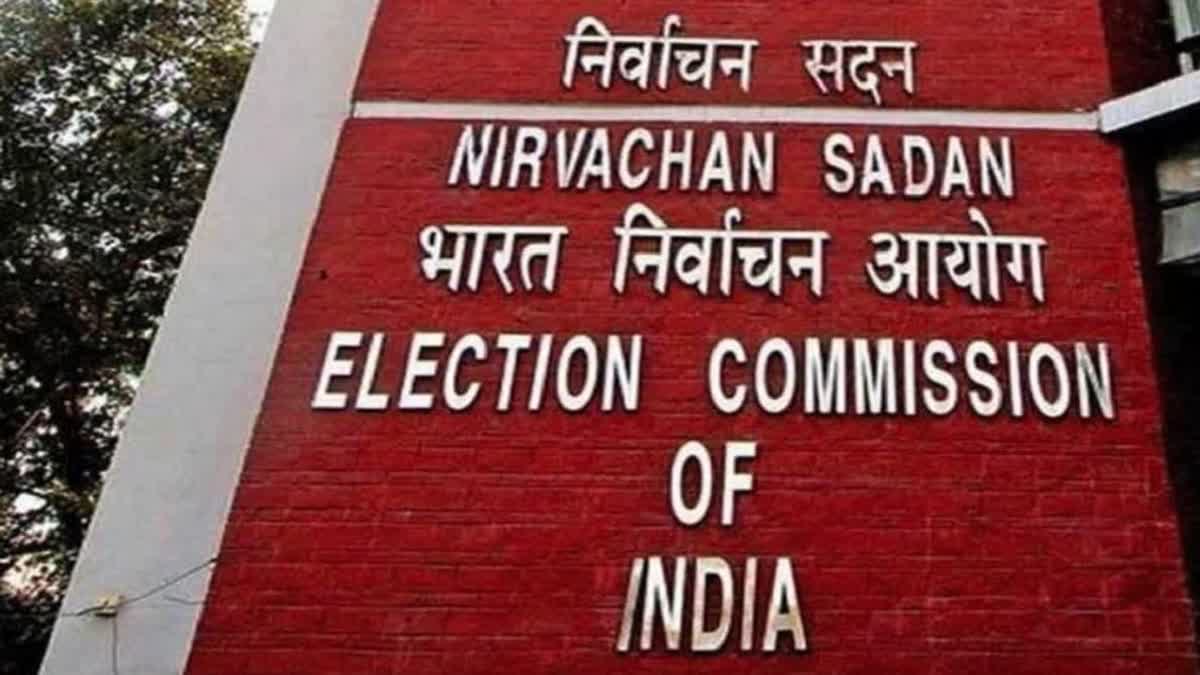New Delhi: Preparations are in full swing for the Delhi Assembly Elections 2025, voting for which will take place on February 7 for 70 assembly seats. This time the Election Commission of India (ECI) has fixed the limit of election expenditure for each candidate at Rs 40 lakh, which is Rs 12 lakh more than the last cap set by it during the 2020 polls.
The commission has also issued strict guidelines to ensure the transparency of candidates' expenses. Every candidate will have to maintain a record of election expenses and submit it regularly to the Chief Electoral Officer (CEO) office. For this, candidates have been instructed to open a separate bank account.
Special teams of the commission will monitor election expenses and will include expenditure observers and flying squads, who will ensure that no candidate spends more than the prescribed limit.
Nomination Process
The nomination process for the Delhi polls will start on January 10, and candidates can submit their nomination papers till January 17. The nomination papers will be scrutinised on January 18. Candidates will be able to withdraw their names on January 20, and election symbols will be allotted to them on the same day.
Election Campaign Till Results
The election campaign will end at 5 pm on February 3. After this, voting will take place on February 5. The Election Commission has made extensive arrangements to make the voting process smooth and transparent.
The counting of votes will take place on February 8, and the election results will be declared on the same day. This day will be extremely important for Delhi politics as it will decide who will lead the capital for the next five years.
Preparations Of Election Commission
The ECI also made extensive preparations to make the elections free and fair. The Model Code of Conduct has been implemented, and all political parties and candidates have been instructed to follow it.
Delhi polls are significant in many ways for the capital and the entire country. The commission said it was fully committed to ensuring public participation and transparency in the electoral process. This time the election will be a test for the candidates and political parties, in which it will be necessary to meet the test of transparency and responsibility.
Read More



